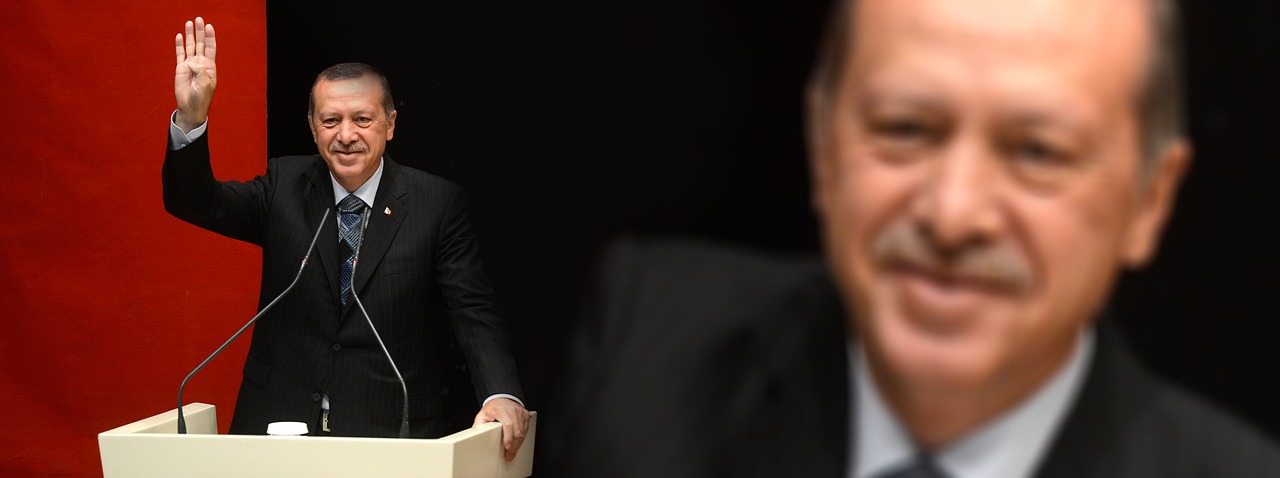The Truth Behind Trump’s Relationship with Foreign Leaders
Donald Trump’s presidency was marked by a distinctive approach to foreign relations, characterized by personal diplomacy, unconventional tactics, and a focus on transactional relationships. This article delves into the complexities of Trump’s interactions with foreign leaders, examining both the successes and controversies that defined his tenure.
Unconventional Diplomacy
Trump’s style of diplomacy was often described as unorthodox. He favored direct communication, frequently using social media to announce policy changes or express opinions about foreign leaders. This approach led to both breakthroughs and tensions in international relations.
- North Korea: Trump’s meetings with Kim Jong-un were historic, marking the first time a sitting U.S. president met with a North Korean leader. The summits in Singapore (2018) and Hanoi (2019) aimed to denuclearize the Korean Peninsula but ultimately yielded limited results.
- Russia: Trump’s relationship with Vladimir Putin was controversial, often criticized for perceived leniency. The Helsinki summit in 2018 raised eyebrows when Trump appeared to side with Putin over U.S. intelligence agencies regarding election interference.
- China: Trump’s administration adopted a confrontational stance towards China, initiating a trade war that included tariffs on billions of dollars of Chinese goods. This approach aimed to address trade imbalances but also strained economic relations.
Transactional Relationships
Trump’s foreign policy was heavily influenced by a transactional mindset, prioritizing American interests and economic benefits. This perspective reshaped alliances and partnerships.
- Israel: Trump’s administration recognized Jerusalem as Israel’s capital and facilitated the Abraham Accords, normalizing relations between Israel and several Arab nations. These moves were seen as significant achievements in Middle Eastern diplomacy.
- NATO: Trump frequently criticized NATO allies for not meeting defense spending commitments, pushing for increased contributions. This stance created friction but also prompted some allies to increase their military budgets.
- Mexico and Canada: The renegotiation of NAFTA into the USMCA was a key focus, emphasizing Trump’s commitment to securing better trade deals for the U.S.
Controversies and Criticisms
While Trump’s relationships with foreign leaders yielded some successes, they were also marred by controversies that raised questions about his approach to diplomacy.
- Impeachment: Trump’s dealings with Ukraine, particularly the request for an investigation into Joe Biden, led to his first impeachment in 2019, highlighting concerns over the use of foreign policy for personal gain.
- Withdrawal from Agreements: The U.S. withdrawal from the Paris Climate Agreement and the Iran nuclear deal drew criticism from allies and raised concerns about America’s commitment to global cooperation.
Conclusion
Donald Trump’s relationships with foreign leaders were defined by a blend of personal diplomacy, transactional negotiations, and significant controversies. While he achieved notable successes, such as the Abraham Accords and direct engagement with North Korea, his approach often strained traditional alliances and raised ethical questions. Understanding the complexities of Trump’s foreign policy provides valuable insights into the evolving landscape of international relations and the impact of leadership styles on global diplomacy.

No responses yet